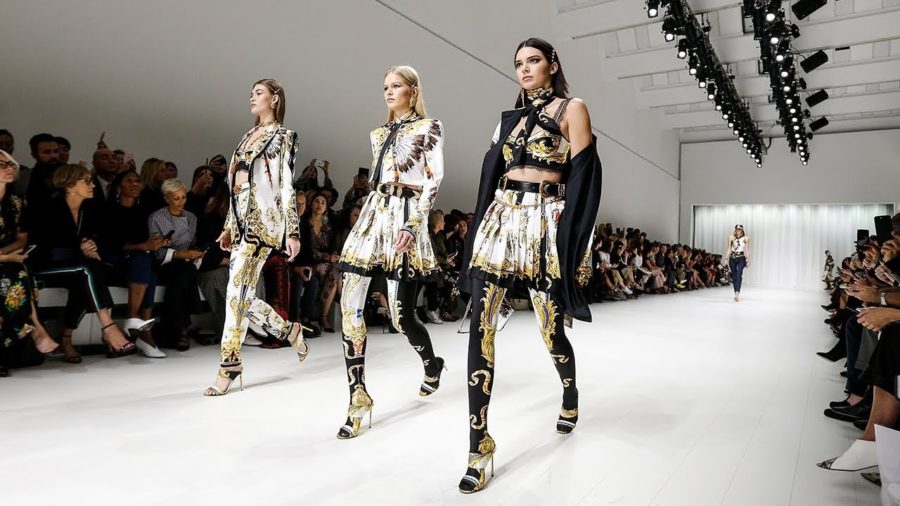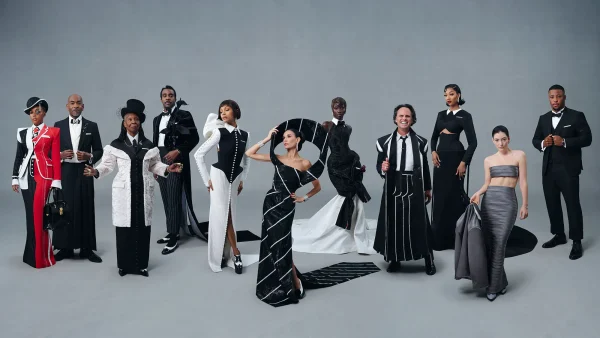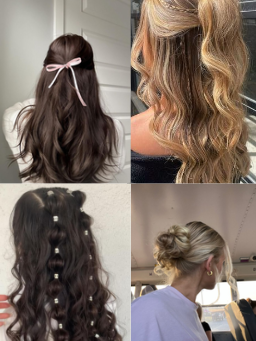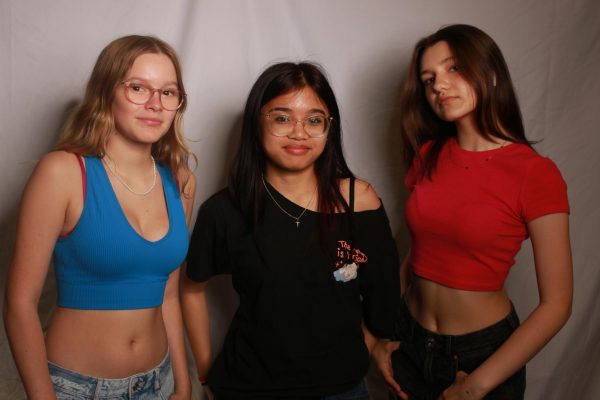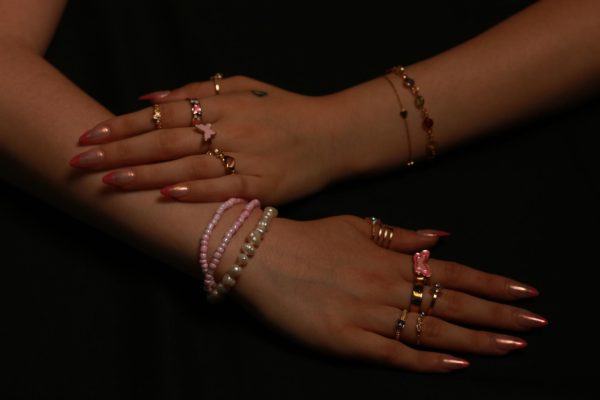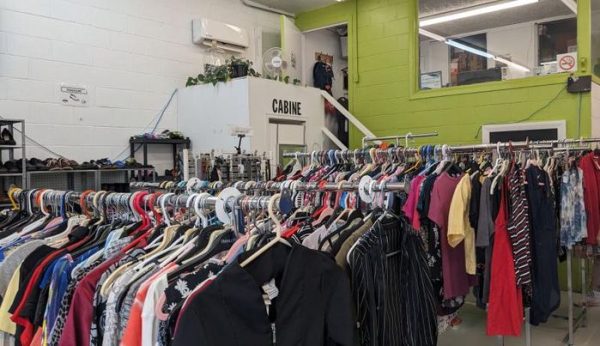Beauty Standards Causing More Harms Than They Should
As we can observe, social media is creating a new definition of beauty, which is completely different from runaway models. But, will it affect these pre-made strong standards?
To begin, the feminine beauty ideal is “the socially constructed notion that physical attractiveness is one of women’s most important assets, and something all women should strive to achieve and maintain”. The feminine beauty ideal, which also includes female body shape, varies from culture to culture. (definition from google)
For example, society thinks you have to be skinny, have long legs, a flat stomach, narrow hips, not flat chested, have blue eyes and have long blonde shiny hairs to be considered “pretty”. If you don’t have clear skin, you have to cover it with make up or else everyone knows you have acne.
‘‘I don’t think these beauty standards should exist because even if the girl is not what the definition of these standards is, she still can be pretty to me’’, said Edwin, a 9th grade student from La Camaradière.
On social media, we often see girls with perfect bodies and it can be really toxic because a lot of teenagers and adults compare themselves to them. Comparing oneself to these unrealistic beauty standards can lead to multiple eating disorders.
There are many different types of eating disorders like anorexia, bulimia, binge eating, purging disorder, orthorexia and many more. No one of them are healthy and you don’t choose to develop an eating disorder.
As we often see, brands usually choose models with these standards but more companies are beginning to be more inclusive about their model requirements. It’s still not enough though.
At Vogue’s autumn winter 2015 runway, 80% were white models. At The Fashion Spot’s fall 2019 runaway, 38% weren’t white, 0.69% were plus sized and 0.77% were transgender and non-binary models. Sadly, much more remains to be done.
On TikTok and Instagram, some popular creator promotes body positivity such as Sienna Gomez, Mik Zazon, Tiffany Ima, Megan Jayne Crabbe and more.
There is still much progress to make about beauty standards but it will happen one day and it won’t be relevant anymore. Just a little reminder, you are beautiful.

